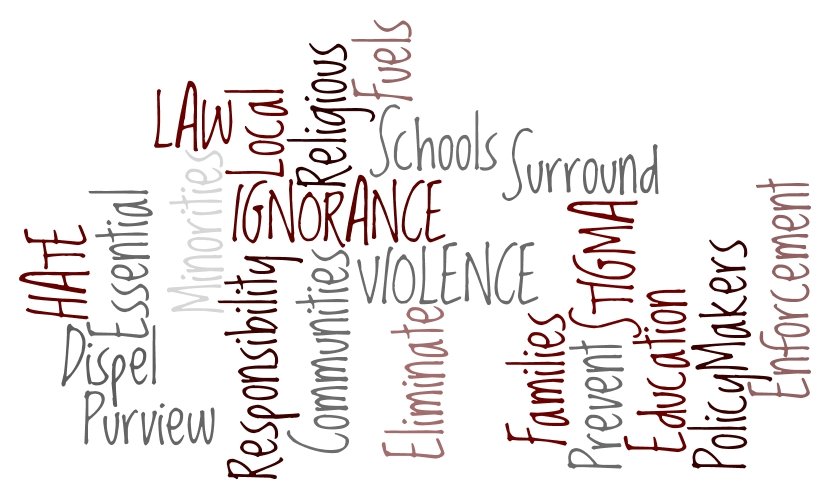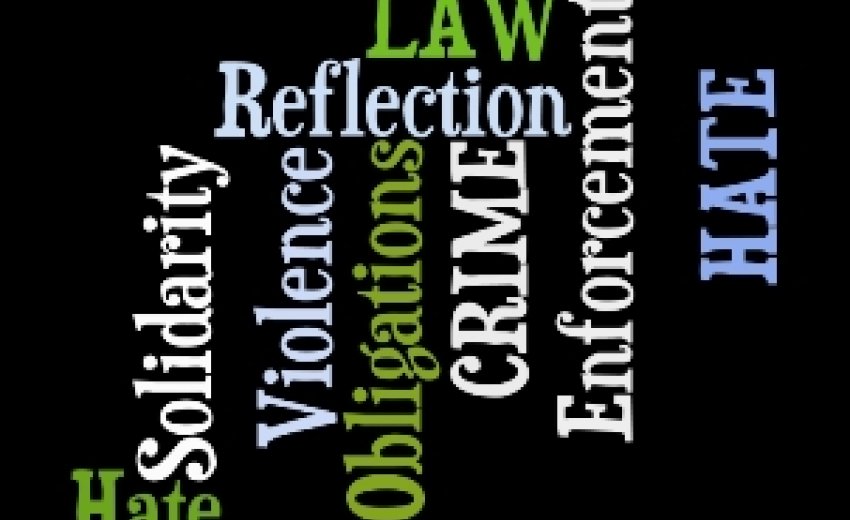August 10, 2012: On Monday, as I entered the gurdwara in Richmond Hill, NY, I encountered a scene of solidarity unlike any that I had witnessed before. Two uniformed NYPD officers were stationed outside, monitoring the entrance. A third was patrolling the hallway inside, smiling as community members insisted he join them in the community kitchen downstairs for a hot meal of lentils, vegetables, and yogurt after his shift. The diligence with which law enforcement officials have responded to the tragedy in Oak Creek and the sacrifices made by the police on the scene—along with the outpouring of support from the public—have been humbling and heartwarming.
Physical protection and public outcry, however, are not enough to prevent such incidents from occurring in the future. While we are still learning the motivation of the attacker, his actions—singling out and killing Sikhs with turbans—match a broader pattern of post-9/11 bias in our country. Violent hate crimes—such as the murder of two Sikhs in California earlier this year and the fire bombing of a Sikh-owned convenience store in Virginia last year—continue to occur regularly. According to a survey conducted by the Sikh Coalition, a third of Sikh children with headwear say have been physically assaulted in school. Employment discrimination still forces Sikhs to choose between their articles of faith and their livelihoods. Since 9/11, the Sikh Coalition has documented thousands of such bias incidents in the US. Sikh Americans are certainly not alone in these experiences. Organizations working with other religious groups, such as Muslims and Hindus, have documented incidents that stem from the same source: racism and xenophobia.
Ultimately, the only way to prevent further violence is to eliminate the hate that fuels it. This responsibility is far beyond the purview of law enforcement. It lies with our policy makers, schools, local communities, and families. The most essential step is education—to dispel the ignorance and stigma that surrounds religious minorities.

It also requires a conscious commitment by policy makers to not ostracize and exclude minorities in daily life. Despite a decade-long struggle, Sikhs are still not allowed to serve in the NYPD with their turbans—as they do with pride in Canada and the UK. A reversal of this policy would be a powerful visual reminder that the public can trust Sikhs to help keep us safe. As a turbaned woman, each time I fly, I am pulled aside for a secondary screening of my one-inch thick headwear. I am instructed to wait in a clear plastic bullpen for a “female assist”—while women with billowing summer skirts sail through security in front of me. A screening policy based on assessment of actual risk would prevent minorities from being humiliated and cast as de facto suspects. It would also keep us safer by allocating the TSA’s scarce resources more effectively.
In the aftermath of such tragedy, Americans of all faiths will mourn together, express solidarity for each other, and address the immediate crime. But if we leave this opportunity for deeper reflection without a commitment to make real change, we will have failed in our obligations as a citizenry.
Supreet Kaur, Ph.D., has been involved with the Sikh Coalition since its inception and worked as a full-time volunteer in 2004. She is currently an Assistant Professor in the Department of Economics and the School of International and Public Affairs at Columbia University. Her work applies Behavioral Economics to the study of poverty in developing countries and in the US. She holds a Ph.D. in Political Economy and Government and an M.P.A. in International Development, both from Harvard University. Supreet has been selected as a David A. Wells Prize recipient by the Harvard Economics Department (2012), a Giorgio Ruffolo Doctoral Fellow in Sustainability Science at Harvard's Center for International Development (2010-2011), a Dissertation Fellow at the Project on Justice, Welfare, and Economics at Harvard (2010-2011), and a Public Policy and International Affairs Fellow at the Harvard Kennedy School (2005-2007). Her work has received financial support from the National Science Foundation, the Institute for Financial Management and Research in India, and various institutes at Harvard and Columbia universities.
